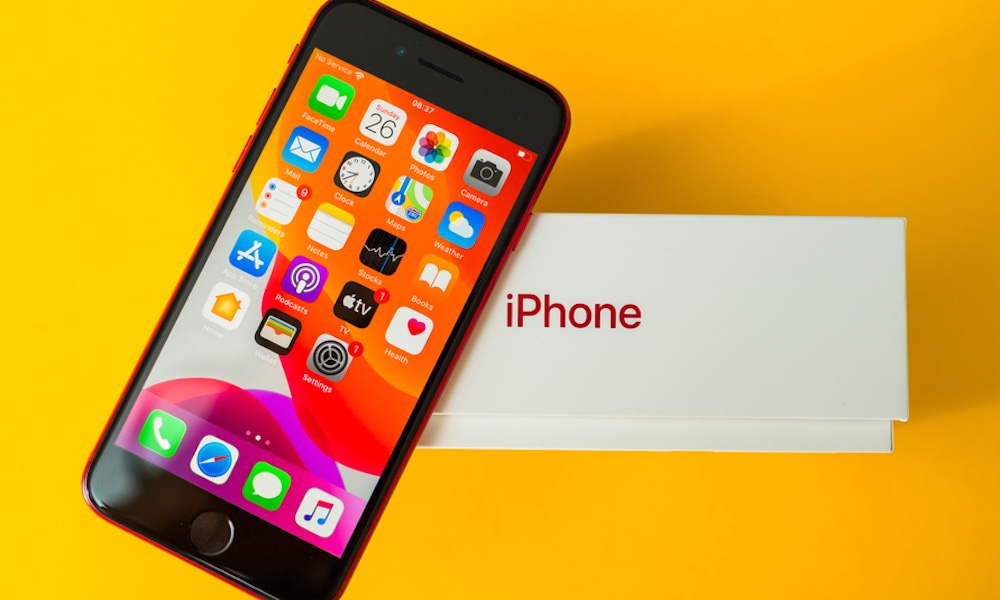Are iPhones Made in China Free of Coronavirus?
 Credit: Hadrian / Shutterstock
Credit: Hadrian / Shutterstock
Toggle Dark Mode
With the release of the iPhone 12 lineup, Apple fans can finally get their hands on the latest devices available from the tech conglomerate. However, some people may have concerns about the origins of these products.
iPhones are made in China, the country that’s been recognized as the starting point of the modern pandemic. Could buyers of these devices be indirectly exposed to COVID-19?
That’s difficult to determine due to the nature of trade. What we do know about viruses is that they’re able to live on a phone for quite a long time.
The amount of fecal matter detected on smartphones is surprisingly high, even when you consider how often people use their smartphones in the bathroom. So it shouldn’t surprise many readers to hear that the COVID-19 virus can live days on an iPhone.
Medical experts found that the SARS-coronavirus (a close relative of COVID-19) was able to live up to 96 hours on a glass surface, including an iPhone 11’s Gorilla Glass. So, in theory, the COVID-19 could live the same amount of time on the glass of an iPhone.
What about newly built iPhones? While China has supposedly quelled the spread of the virus locally, there might still be concerns of exposure; mainly through those who may be asymptomatic or who decide that working supersedes time spent at home.
The Chinese State Council has pushed for extensive guidelines regarding the conduct of employees in manufacturing plants in hopes of minimizing infection of fellow employees or of the product itself. This includes taking temperatures on regular rotation as well as requiring employees to wear masks. The companies are also required to file daily reports to the Chinese State Council, alerting them to any possible changes or infections that might arise.
Some companies, including Foxconn (the manufacturer of the majority of iPhones), have taken the surveillance much further. Mashable reports that Foxconn uses infrared cameras to track the medical state and internal temperatures of employees while they’re on shift. The employees are then organized into smaller communities of 20, where they eat, live, and rest in between shifts and sleep in their barracks.
Foxconn has also stated that they are keeping a close eye on the state of COVID-19 in China and within their company in hopes of making the wisest decisions for their employees. There are still concerns to be had regarding the company’s past treatment of employees, considering that Foxconn hosts more than a million workers across China.
With all of that being said, the odds of a newly purchased iPhone indirectly infecting a buyer is incredibly low. iPhones typically take at least three days to get from China to America. Add in several days of storage and transportation and the virus should have been killed off long before the box reaches your hand. If you’re still worried, use a disinfectant wipe on the packaging and the iPhone itself.






